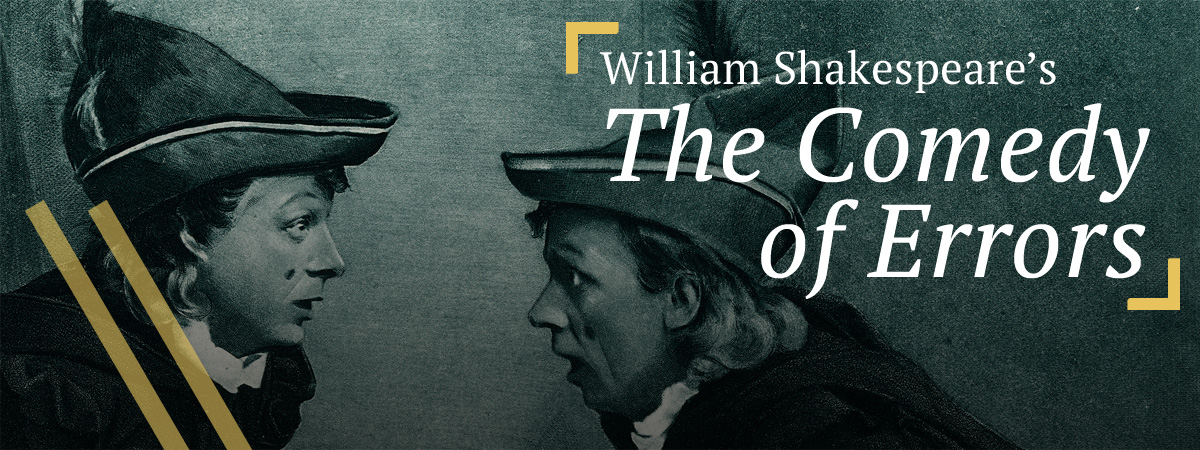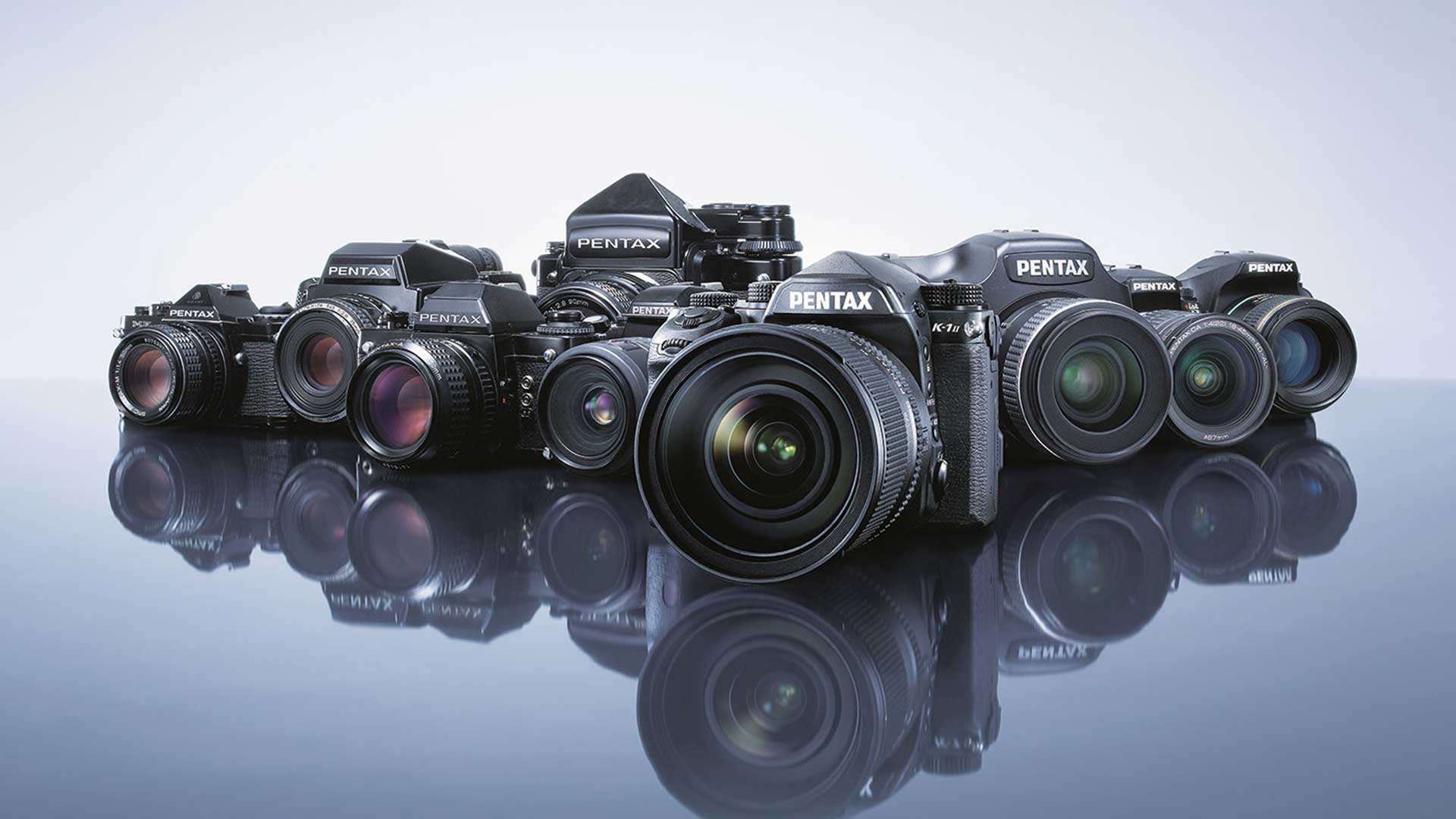
There are four main skills that all successful photographers have. These skills include technical knowledge of light, post-production editing, and communication skills. Each skill will be covered in detail in this article. It is easy to start learning these skills today! Keep reading to learn more! You may be shocked at how much information you can get! Become a successful photographer! Here are some tips to get you started in your career as a photographer:
Lessons from LIFE Magazine's wedding photographer
Wedding photography is an art and a business. Both the business and the art of wedding photography must be learned. Then you can create the images of your dreams. This course will teach you how to do just that. You'll learn how best to compose your photos for the best results in this e-book. The course includes five video lessons, as well as a 600 page e-book. This course will help you create the dream wedding photos.
Scout the location. You'll be able to determine the best lighting conditions for your shots if you have scouted the area. If you're working in a large venue, you'll have to know which spots to use for position shots. A photographer must also be able to adapt to the changes in lighting. Because you'll be moving around often, ensure you are comfortable in your shoes.

10 rules of photography
It is important that you remember the basics of photography when taking pictures. These issues can be broken down into nine equal segments. The most essential elements should be placed along one of these lines. It is possible to place important elements near the intersections or edges of two or more lines. If you want to capture landscapes, then place the horizontal line at the intersection of two or more lines. The same applies to landscape photography. Place the subject vertically while the background is along the opposite line.
While there are many rules of photography, they are not set in stone. They are meant to be guidelines, not rules, and sometimes, you'll find that the rules will apply to your scene just fine. But you should always remember that rules can be broken. You can improve your photography skills and be more creative by following these rules. Below are some guidelines for composition.
Communicating with your subject
Great photos require more than technical know-how and technology. Photographers should also be skilled at communicating. Photographers who lack this skill will fail to communicate the right emotions with viewers. Communication will make the photo look more natural and bring more attention to the subject. These are some ways to communicate with your subject in order to get the best shot. Be professional and communicate with your subject. Your photographs will reflect your professionalism and skills.
Photography requires communication. It is very important to build rapport with your subject to create the best photos possible. Photographing can be a nerve-wracking, stressful profession. In every aspect of your job, communication is vital. It is essential to learn how to negotiate with your subject. Also, it is important to understand when to compromise. And to have patience. The ability to communicate clearly to their audience and tell compelling stories is what makes successful photographers stand out.

Post-production editing
After you've taken the photos, it is time to edit them to make them look great. The process of adding effects such as saturation, brightness, or contrast to images is called post-production edit. Post-production editing can take several hours depending on what project you are working on. These are some tips to help you improve the quality of your photos.
Post-production includes image stabilization and color grade. These techniques enable photographers to create beautiful digital images. These techniques are also more affordable than long photo shoots. Noise reduction is another technique that post production editors can use to enhance photographs. The noise value can be reduced to make a blurry photo look more clear. It is possible to hire a specialist in noise reduction to make the image appear natural.
FAQ
Is digital photography hard?
Digital photography isn't as simple as you might think. It takes time and effort to learn how to use the tools properly. You need to know what settings to use for different types of shots. Experimenting is the best way of learning. Practice makes perfect.
Cameras: Where to Buy?
You can find many places online to buy cameras. However, we recommend buying from a reputable retailer like B&H Photo Video. They have knowledgeable staff that can help answer any questions you may have.
B&H ships quickly and securely to make it easy for you to get your order to your door.
You can learn more by watching this video about shopping for cameras.
What camera should I get?
This all depends on who you want as a photographer. A basic point and shoot camera is enough if you are just starting.
Once you have mastered the basics you will likely need something more advanced. Personal preference is the only way to decide.
These are some things you should consider before buying a camera.
-
Features: What features are you looking for? Will you use manual settings or autofocus? How many megapixels do you have on your camera? Is there an optical viewfinder?
-
Price: What amount are you willing spend on your camera? Do you plan to update your camera every other year?
-
Brand: What brand will you be satisfied with? You shouldn't settle for less.
-
Functionality: Does your camera perform well in low light conditions? Are you able to take high-resolution images?
-
Image Quality: How sharp and clear are your images?
-
Battery Life: How long will your camera last between charges?
-
Accessories: Will you be able to attach additional lenses, flashes, etc. ?
Light Room is an excellent tool to enhance your images.
You can get great photos if you start early. It's better if you take as many shots possible before you decide on the ones that give the most value.
Lightroom allows this because it lets you see the effects of different settings on each photo. These settings can also be modified on-the-fly in Lightroom without ever having to open Photoshop again. This allows you quick experimentation to see what looks best and what doesn’t.
Is photography a good job?
Photography is an artistic form that allows one to capture and share moments in time. If you're willing to work hard, it can also be a great way of making money. There are many opportunities to make a career as a professional photographer. As a hobby, you can take photos of friends and relatives. This would help you improve your skills and build confidence. Once you have mastered this stage, you can move on to paid assignments. The best photographers earn a living from their craft. Sometimes they travel with clients to capture images of people having fun at events like weddings or parties. Professionals prefer to shoot commercial projects like product shots or advertisements.
Finding the type of photography that you love is key to being a successful photographer. After that, practice, experiment, then master your chosen style. You can't replace experience so don’t expect to be successful overnight.
Begin with technical skills, before moving on to creativity. Photography can be both artistic or technical. It is important to learn the basics of composition and how to use the correct tools.
It is important to consider whether you are interested in a full-time career or if you would like to work part-time. Many people combine their passion for photography and other jobs. For example, you might work at a local newspaper or magazine while pursuing freelance assignments. Some people choose to devote all of their time to photography. Whatever the case, success in any creative area requires dedication and commitment.
Photography is a serious career. You must put in a lot time and effort if you want to succeed. You should think about whether this is something you want to dedicate your life to.
Do I Need A Tripod?
This is one question that everyone wants to know. A tripod isn’t always needed, but it can be very useful.
It can be used to steady your camera while you take slow shutter speeds pictures. If you're shooting landscapes or other stationary subjects, then a tripod can make a big difference.
However, tripods can blur the images of moving subjects like sports and people. So, how do you know which situations require a tripod?
A tripod is useful for any situation where you want to photograph fast action or stationary subjects. Examples include:
-
Sports
-
People
-
Landscapes
-
Close-ups
-
Macro shots
This test will help you determine if you need a tripod. Keep your camera still, and then look through the viewfinder. You will need a tripod if you see blurred lines and movement.
A tripod will not improve blurring if you don't notice it.
However, if you do decide to invest in a tripod, here are some tips to keep in mind.
-
Your tripod should have smooth legs. This will prevent unwanted vibrations from shaking your lens.
-
Use a sturdy tripod. Some tripods made of plastic may not last very long. Look for a metal tripod instead.
-
You might consider purchasing a remote control. This allows you to control your camera remotely. This allows you to set the shutter to automatically fire when you press it.
-
Try to find a tripod with a head that rotates 360 degrees. This allows you to place your camera horizontally and vertically.
-
Remember that tripods can be expensive. Expect to spend between $100 and $200. You'll still get a lot for your money.
-
Accessories such as memory cards and filters are important.
-
Before ordering online, you should check in your local shops. Many retailers offer free shipping.
-
Read reviews to determine what customers think about a particular product.
-
Ask family members and friends who own similar products.
-
Forums and message boards are a great place to find out about customer experiences.
-
Look online for user reviews.
-
Amazon.com allows you to compare prices, and receive customer feedback.
-
See photo galleries to see some of the creative uses for tripods by photographers.
Should I start photography as a hobby?
Photography is an excellent way to capture memories and share them with friends and family. It allows you to discover more about the world.
You can find many online resources to help you learn how to take better photographs.
Consider enrolling at local art schools or community colleges. This gives you the opportunity to meet other photographers, who can offer valuable feedback.
Statistics
- There are people out there who will pick at flaws they can only see in 100% crops of your photos. (wikihow.com)
- In this case, 100% of readers who voted found the article helpful, earning it our reader-approved status. (wikihow.com)
- While I cannot prove that all of those spots were not sensor dust, the photo was taken during a heavy snowstorm…so I guess that 99.8% of the spots are snowflakes. (bhphotovideo.com)
- The second easiest way to get blurry photos 100% of the time is to use a cheap filter on the front of your lens. (photographylife.com)
External Links
How To
What skills are required to become a photographer?
Basic skills for any job in photography include artistic ability, technical knowledge, and business acumen.
Technical knowledge includes the ability to understand exposure settings, camera functions and lens types.
Understanding composition, lighting, and poses is essential to artistic ability. You also need to know how to use Photoshop and other editing software.
Business acumen involves managing clients, budgeting and scheduling.
Professional photographers should be interested from a young age in photography.
Take classes at school, college, or online to learn more about photography.
You can also find many books that will teach you everything about photography.
It is important to learn about photography and to create your own style.
This will help you stand out from others who work in this field.
Photography has changed through the years. In the past people used cameras like the Kodak Instamatic or Polaroid instant camera.
Digital cameras are increasingly popular today. Photographers these days use smartphones to take pictures.
While it is possible for a smartphone to capture high-quality images, if you want to really get into photography, a DSLR (Digital Single Lens Reflex Camera) is the best choice.
You can control every aspect of your photos with a DSLR including shutter speed (speed), aperture, ISO sensiblity, white balance and focus.
These features make it possible to create beautiful photographs with a variety of effects.
These controls can be used to change the mood of your photo.
For example, a fast shutter speed could blur your subject.
You can also make them appear more mobile by increasing the light that enters the camera.
You can also change the scene's color temperature to alter the mood.
If there is too much blue light, you can adjust the red content to make it feel warmer.
It can be confusing to know where to point your camera.
But once you grasp the basics, it won't be so difficult.
It's actually easier than you think!
It is likely that you will only start out shooting landscapes or close-up shots when you first begin.
But don't worry; as you gain experience, you will be able to capture anything from portraits to abstracts.
Once you have learned the basics, it is possible to move on with more advanced subjects.
These tips will help you get started.
-
Select a location that is convenient. You should choose somewhere you feel comfortable and relaxed.
-
Find something interesting to photograph. Photograph unusual or rare objects.
-
Practice lots of photos. Practice makes perfect!
-
Try different angles. Hold your camera differently depending on what you are trying to achieve.
-
Use different lenses. Different lenses offer different perspectives.
-
You can also shoot in low-light conditions. Photographing in bright sunlight can prove difficult.
-
Practice framing your shot. It is important to practice framing your shot when taking a photograph.
-
Learn how you can use your camera settings. Spend time playing with your camera settings. This is the best way to improve your photos.
-
Keep learning new techniques. There are many ways you can learn about photography. Visit local galleries and museums.
-
Read magazines, books, and other publications. Reading about photography will teach you everything you need to know.
-
Join a club. Photograph clubs often host events that encourage members sharing their work.